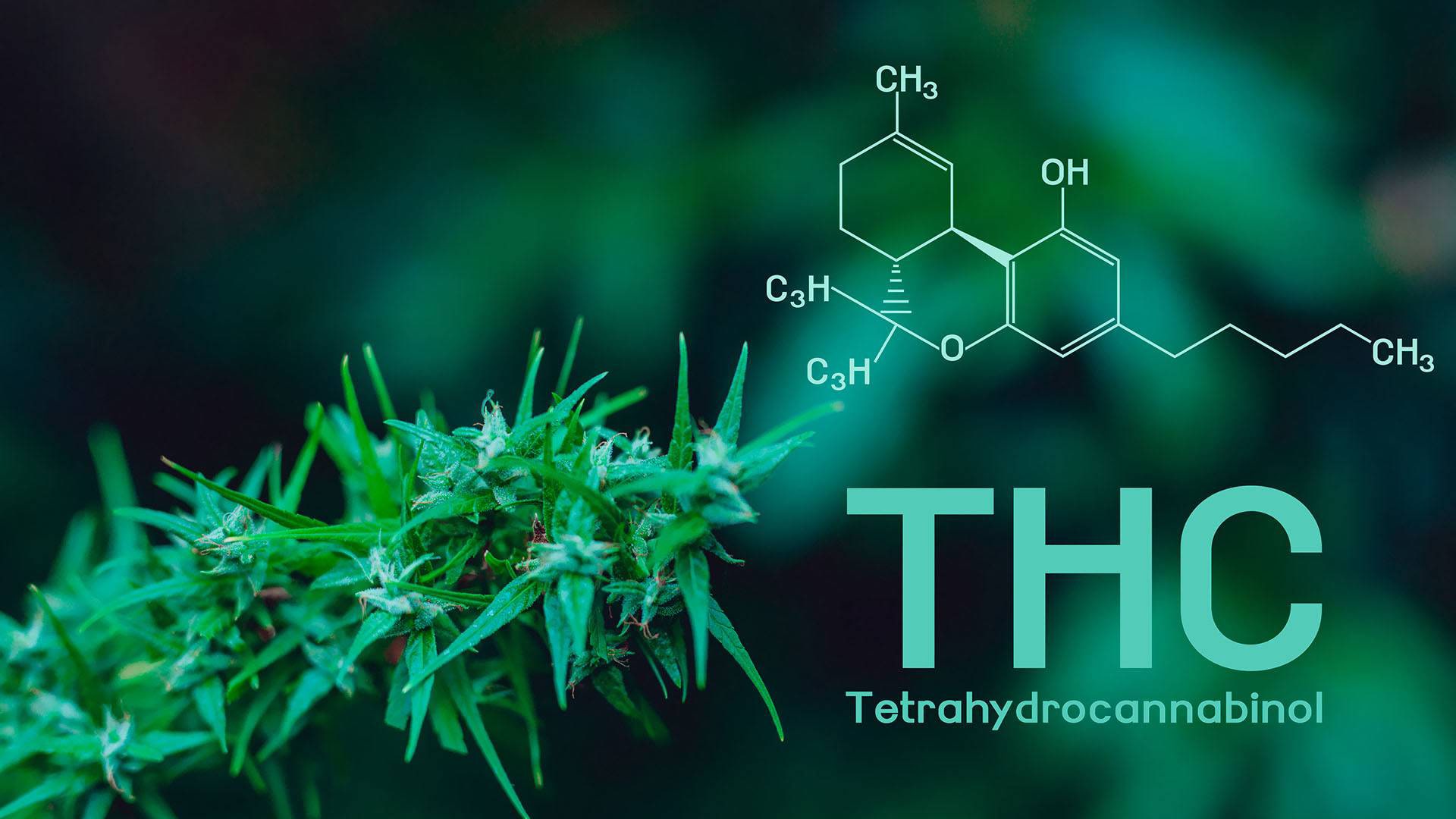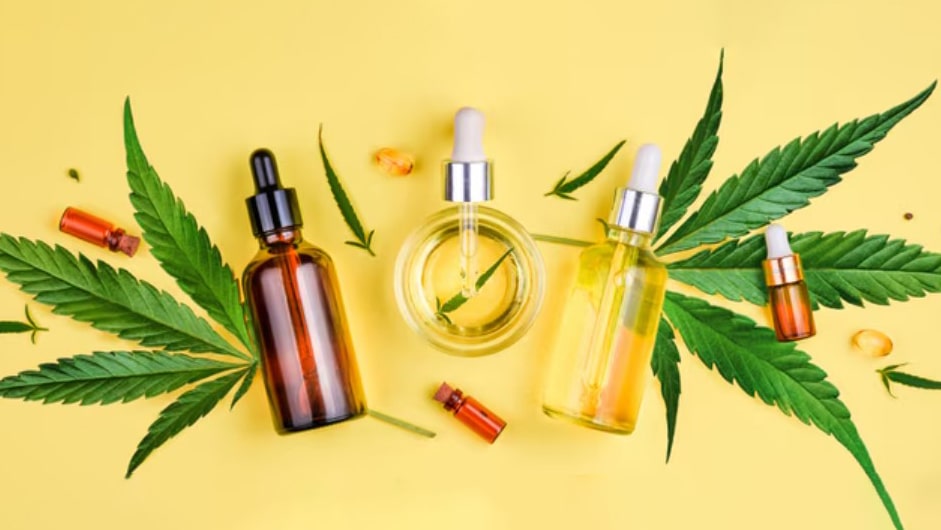There seems to be nothing in your cart.
Didn't find what you were looking for? Contact our consultant.
To save your shopping cart until your next visit, create an account or login .
Browse our Hits sales

 +995 557 774 420
+995 557 774 420

There seems to be nothing in your cart.
Didn't find what you were looking for? Contact our consultant.
To save your shopping cart until your next visit, create an account or login .
Browse our Hits sales
There seems to be nothing in your cart.
Didn't find what you were looking for? Contact our consultant.
To save your shopping cart until your next visit, create an account or login .
Browse our Hits sales

Tetrahydrocannabinol (THC) is one of the main cannabinoids found in the cannabis plant (Cannabis sativa). It is known for its psychoactive properties that cause euphoria and other mind altering effects in people. It is THC that is responsible for the “high” experienced when using marijuana. Chemically, THC is a lipophilic substance, which allows it to easily penetrate cell membranes and interact with receptors in the brain.
Despite its controversial reputation, the benefits of THC have several medical advantages. It is widely used to relieve pain, especially chronic pain, and as an anti-nausea and vomiting agent in patients undergoing chemotherapy. THC may also improve appetite in AIDS patients and relieve symptoms of diseases such as glaucoma and multiple sclerosis. Some studies indicate its potential to treat post-traumatic stress disorder (PTSD) and other psychiatric disorders.
Where is THC used?
THC is used in various forms: medical marijuana, smoking mixtures, oils, tinctures, capsules, and even edibles. For medical purposes, THC is usually used in strictly controlled doses and forms such as sprays and pills. For recreational purposes, it is consumed in the form of dried inflorescences, extracts, or products such as cookies and candies.
The percentage of THC in hemp can vary greatly depending on the variety and growing conditions. In industrial hemp intended for fiber and seed production, THC content is typically less than 0.3%. In medical and recreational marijuana, THC levels can be as high as 15-30% and even higher in some specially bred varieties.
Where is THC found?
THC is found primarily in the female flowers of the cannabis plant, specifically in the glandular trichomes, which are small, hair-like structures on the surface of the plant. These trichomes produce a resin rich in cannabinoids, including THC.
There are many ways to consume THC. The most common method is smoking dried cannabis inflorescences. Also popular are vaporizers, which heat the plant to a temperature that releases the active ingredients without combustion. Other forms of use include THC-laced edibles, tinctures and oils for sublingual use, and creams and ointments for topical use.
The effects of THC on humans can be either positive or negative. On the positive side, THC can induce feelings of euphoria, relaxation, and general well-being. However, when overused or in some people, THC can cause anxiety, paranoia, impaired memory and coordination.

The endocannabinoid system or (ECS) is an important element in maintaining homeostasis in the body, affecting processes such as pain, appetite, memory, and mood.
The main receptors that THC interacts with are CB1 and CB2:
The legality of THC varies around the world and even within individual countries. In some countries, such as Canada and Uruguay, recreational and medical use of THC is fully legalized. In the United States, legality varies from state to state: some states allow THC for medical and recreational use, others only for medical use, and some states ban it completely. In most of Europe, THC use is highly regulated and limited to medical purposes.
The amount of THC a person can safely consume is highly dependent on individual factors such as tolerance, metabolism, and overall health. For medical purposes, dosages typically start low and are gradually increased under the supervision of a physician.
THC remains the subject of active research and debate, and our understanding of its impact on individual and societal health continues to evolve.
